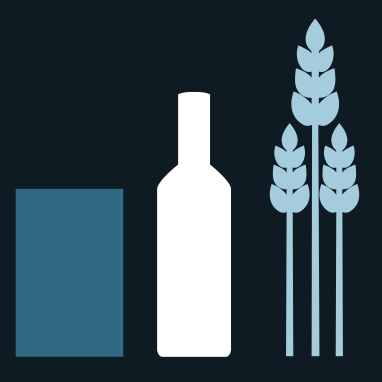New parallel import law opens gate for importers, but food safety must be considered
An important objective of free trade is to open markets to more competition, with the theory being that competition will result in lowering product prices. In August 2018, the Australian Government passed a law making it easier for parallel imports to enter Australia legally. Many food brand owners around the world and in Australia may be unaware of this law, which took effect on 25 February 2019. ‘Parallel imports’ are imports that are typically sourced from low cost jurisdictions but carry the same international brand as the branded product made in Australia or sold in Australia through the distributor. An objective of the new legislation is to lower the prices of international brands in Australia. The downside is that this law may also pose a threat to the viability of Australia continuing as a location for manufacturing well-known brands. The new law may well force Australian manufacturers to compete against online suppliers of well-known brands from cheaper sources outside Australia. The so-called identical product might not even be identical with its Australian-manufactured equivalent. This article highlights a need for regulators and businesses to review current food safety requirements and product traceability systems for branded products internationally and in Australia to prevent food crisis incidents being caused by insufficient import controls. Potentially, food safety risks and reputational harm for international brands will be magnified if any Australian brand manager or retailer or online seller, or the Australian authorities, fails to appreciate serious vulnerabilities and added safety risks, legal and business risks, and regulatory exposures they might now face.
